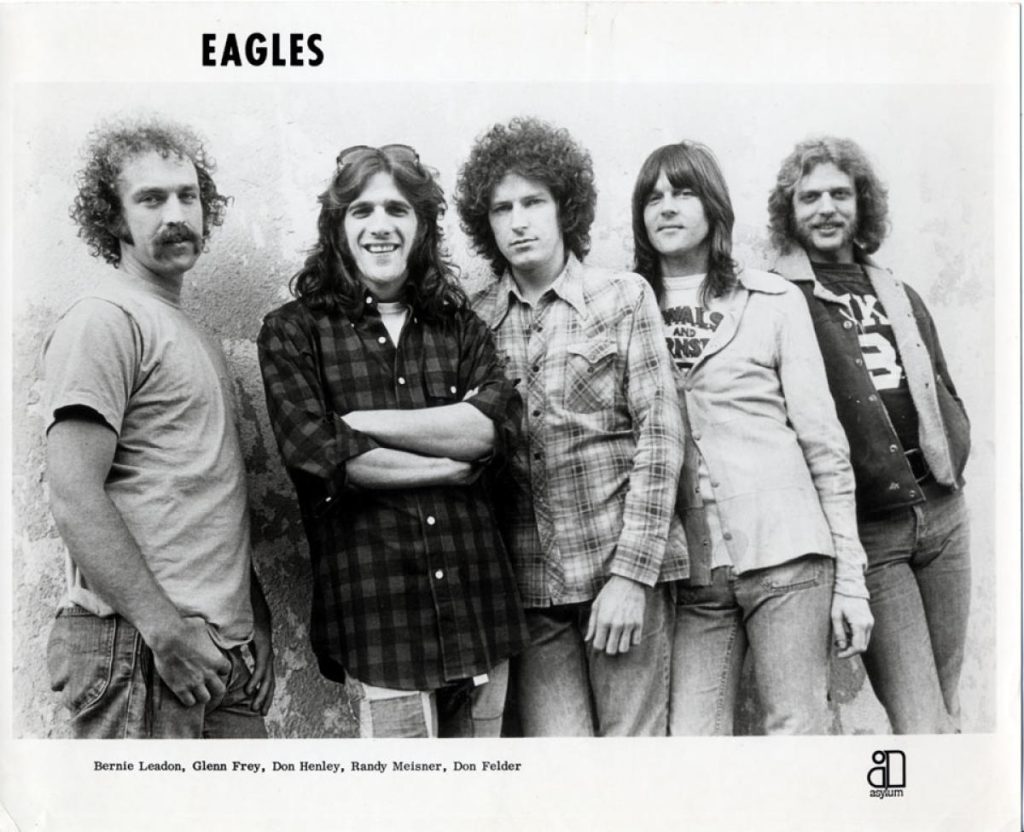
A Soulful Reflection on Love’s Uncertainties
In the realm of classic rock, few bands have captured the essence of emotional storytelling quite like the Eagles. Their song “I Can’t Tell You Why,” released as part of the 1979 album The Long Run, stands as a testament to their ability to blend heartfelt lyrics with soulful melodies, weaving a tapestry that resonates deeply with listeners across generations. When it first graced the airwaves, “I Can’t Tell You Why” quickly climbed the charts, peaking at number 8 on the Billboard Hot 100 in 1980. This track marked a significant moment for the band, not only for its commercial success but also as a debut vocal performance for bassist Timothy B. Schmit, who co-wrote the song with bandmates Don Henley and Glenn Frey.
The creation of “I Can’t Tell You Why” is steeped in introspection and emotional complexity. As Schmit joined the Eagles during a turbulent period marked by internal discord and creative tensions, his fresh perspective and unique voice brought an intriguing new dynamic to their music. The song emerged from these collaborative sessions as a poignant exploration of relational uncertainty and vulnerability. It speaks to those moments in relationships where feelings are conflicted, and clarity seems elusive—a theme universally understood by anyone who has experienced love’s unpredictable nature.
Musically, the song diverges from the Eagles’ traditional country-rock roots, embracing a softer, more soulful sound that underscores its introspective lyrics. The gentle rhythm and smooth guitar riffs create an ambiance of reflection, perfectly complementing Schmit’s tender vocals. His delivery captures the essence of longing and confusion, imbuing each word with an authenticity that tugs at the heartstrings. The chorus, with its repeated plea of not being able to explain one’s feelings, mirrors the all-too-common human experience of grappling with emotions that defy easy explanation.
“I Can’t Tell You Why” holds a special place in the hearts of many listeners, particularly those who lived through its initial release in an era defined by both societal upheaval and musical innovation. For older audiences, it evokes memories of a time when music served as both a refuge and a means of connection—a reminder of youthful romances and personal growth. The song’s enduring appeal lies in its ability to capture universal truths about love and relationships, truths that remain relevant regardless of age or era.
As we listen to “I Can’t Tell You Why,” we’re invited to reflect on our own experiences with love’s uncertainties. The Eagles have crafted more than just a song; they have given us a poignant reminder that while we may not always understand our emotions or articulate them perfectly, they are an intrinsic part of what makes us human. In this way, “I Can’t Tell You Why” continues to resonate deeply with audiences, inviting each listener to find solace in shared experiences and the timeless beauty of music.
